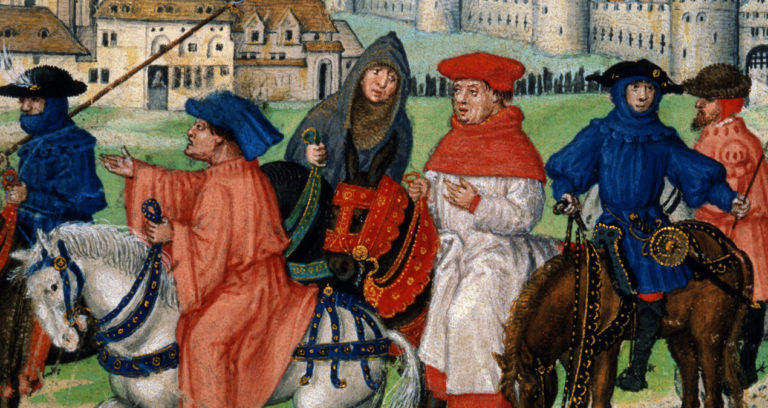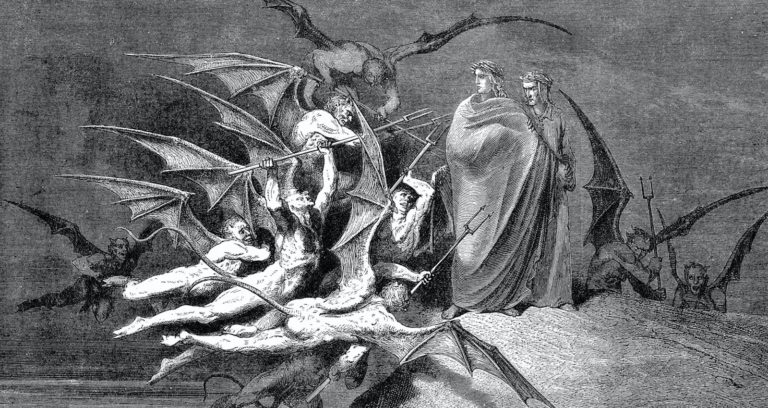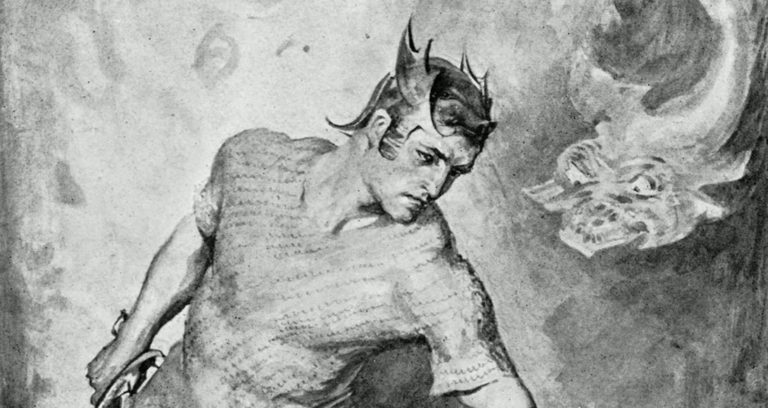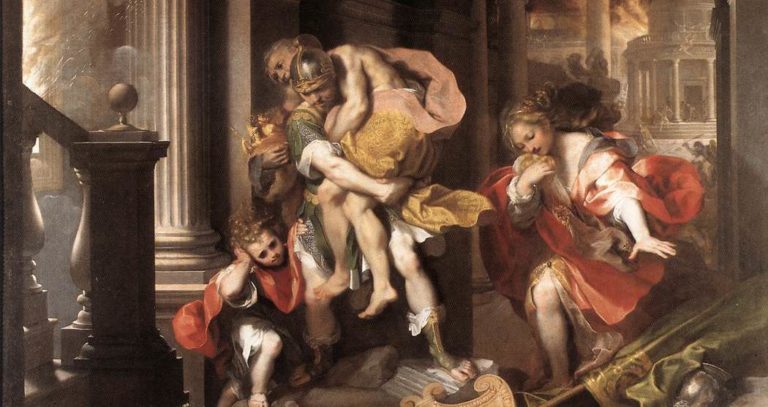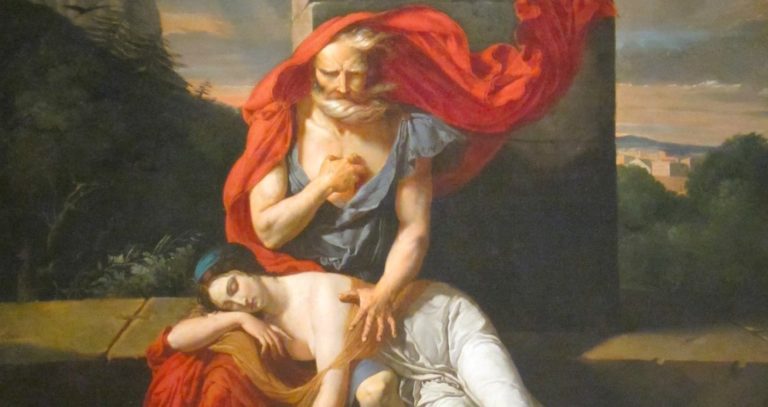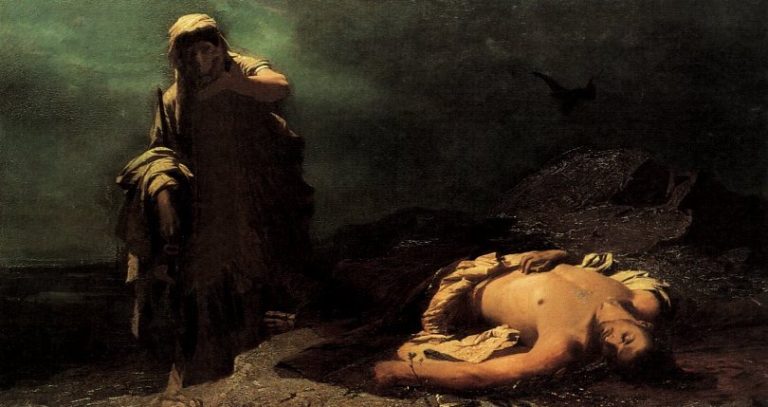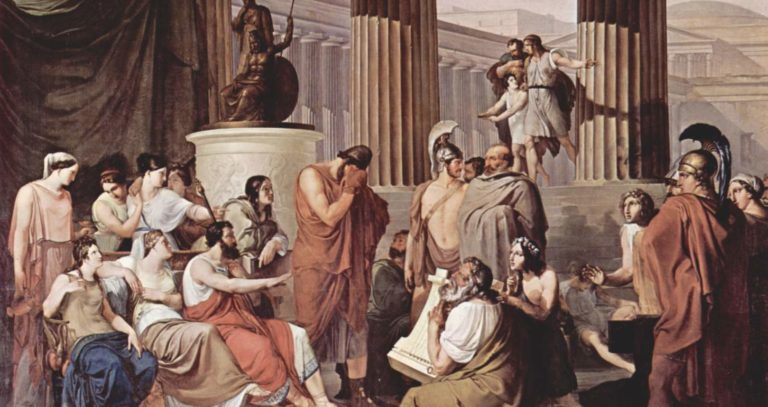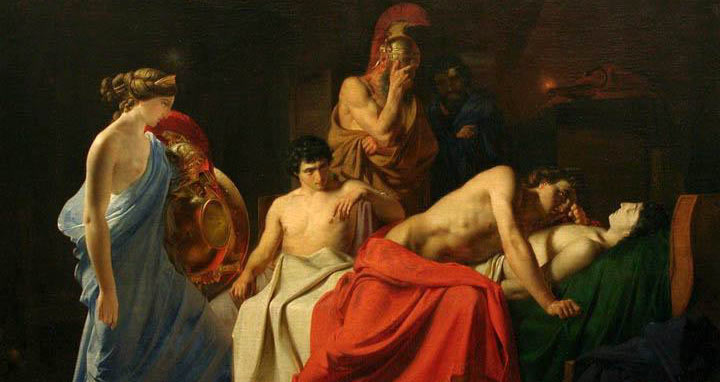The Canterbury Tales in a Nutshell
The backdrop to The Canterbury Tales by Geoffrey Chaucer is a pilgrimage to the shrine of St. Thomas Beckett, one of the most popular pilgrim sites in the whole of Christendom until its destruction by Henry VIII. It consists of a General Prologue, in which Chaucer introduces the fictional characters who are travelling together on … Read more
